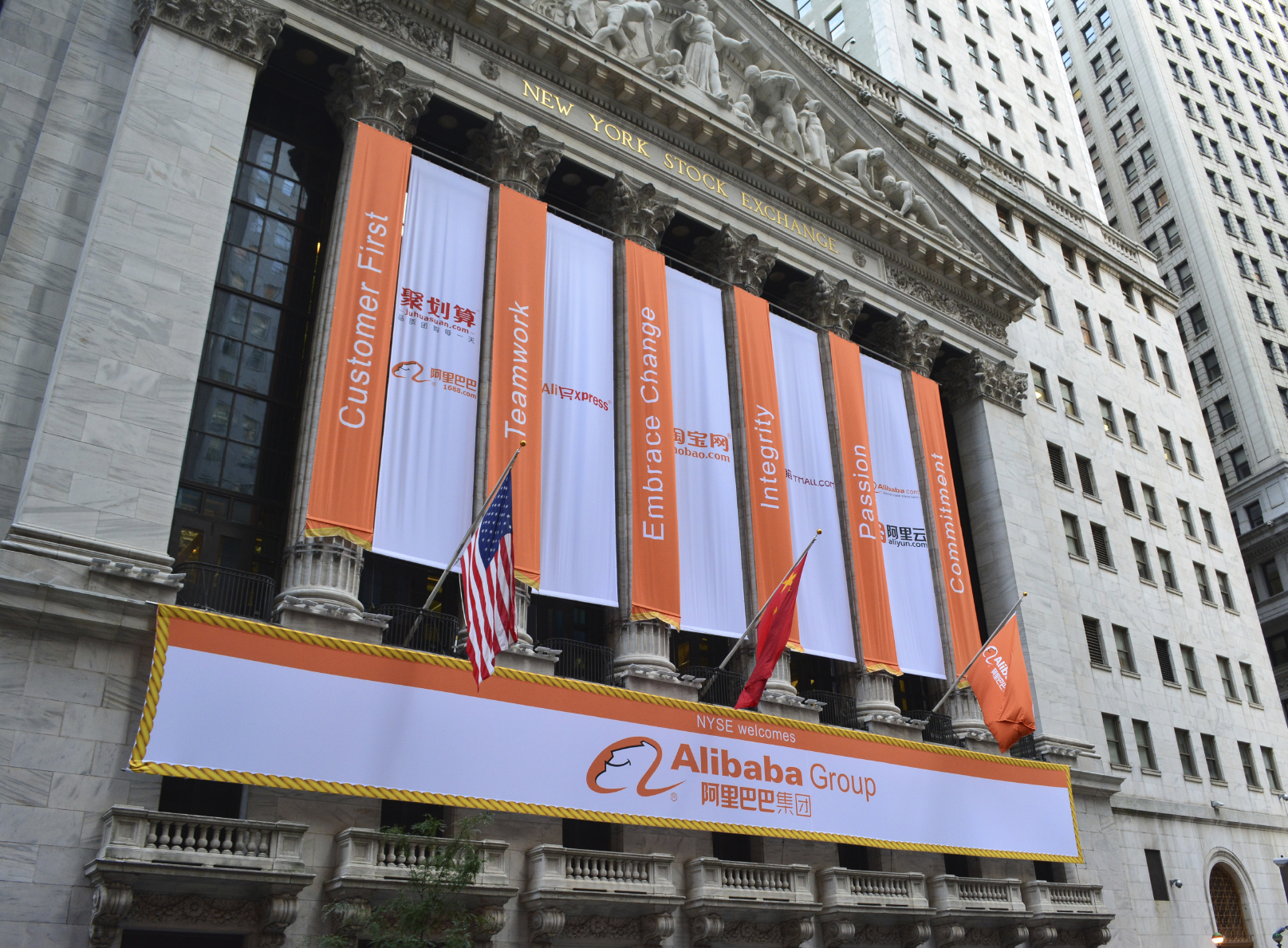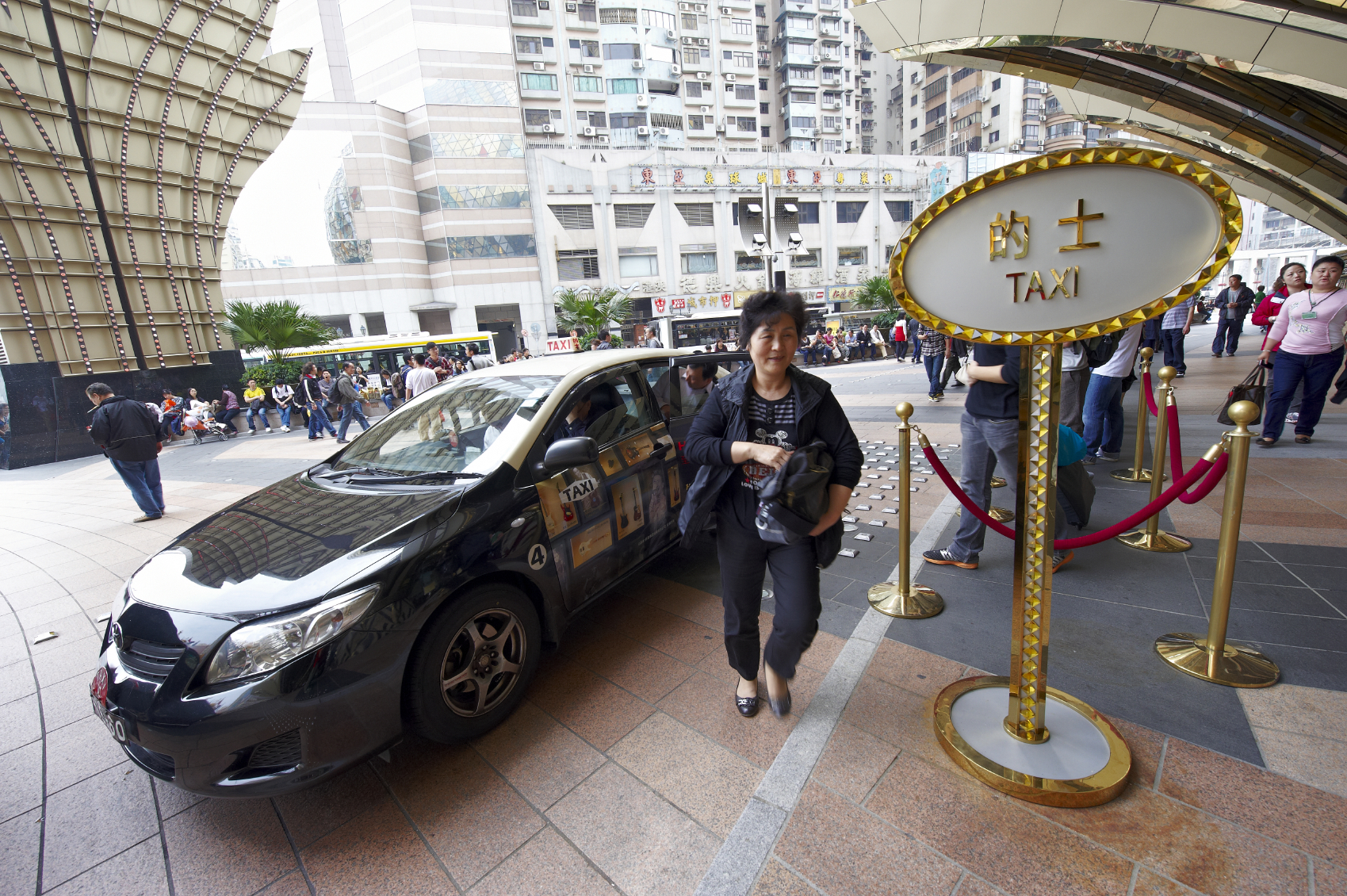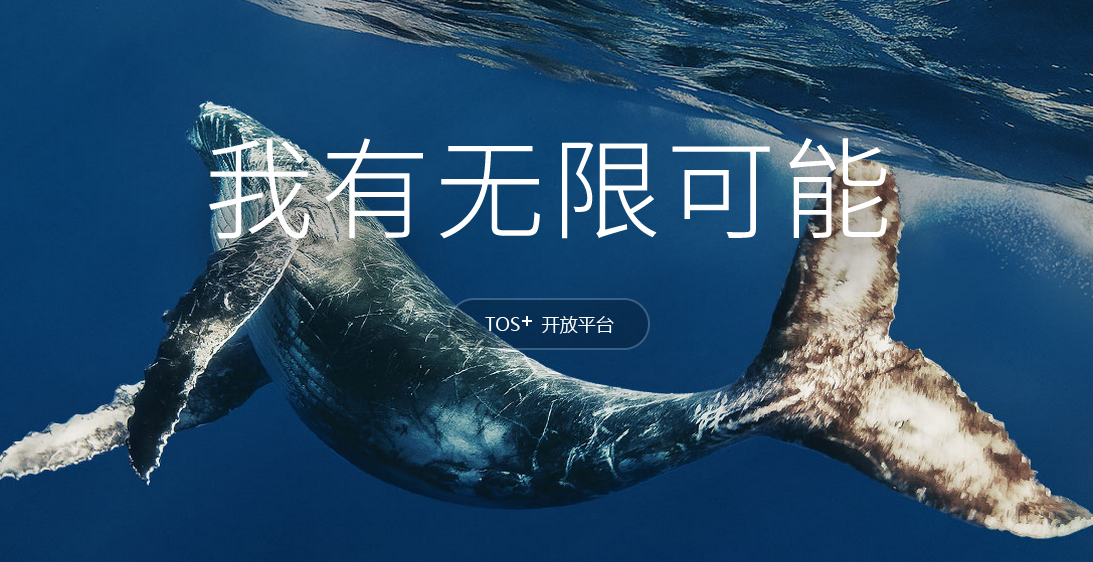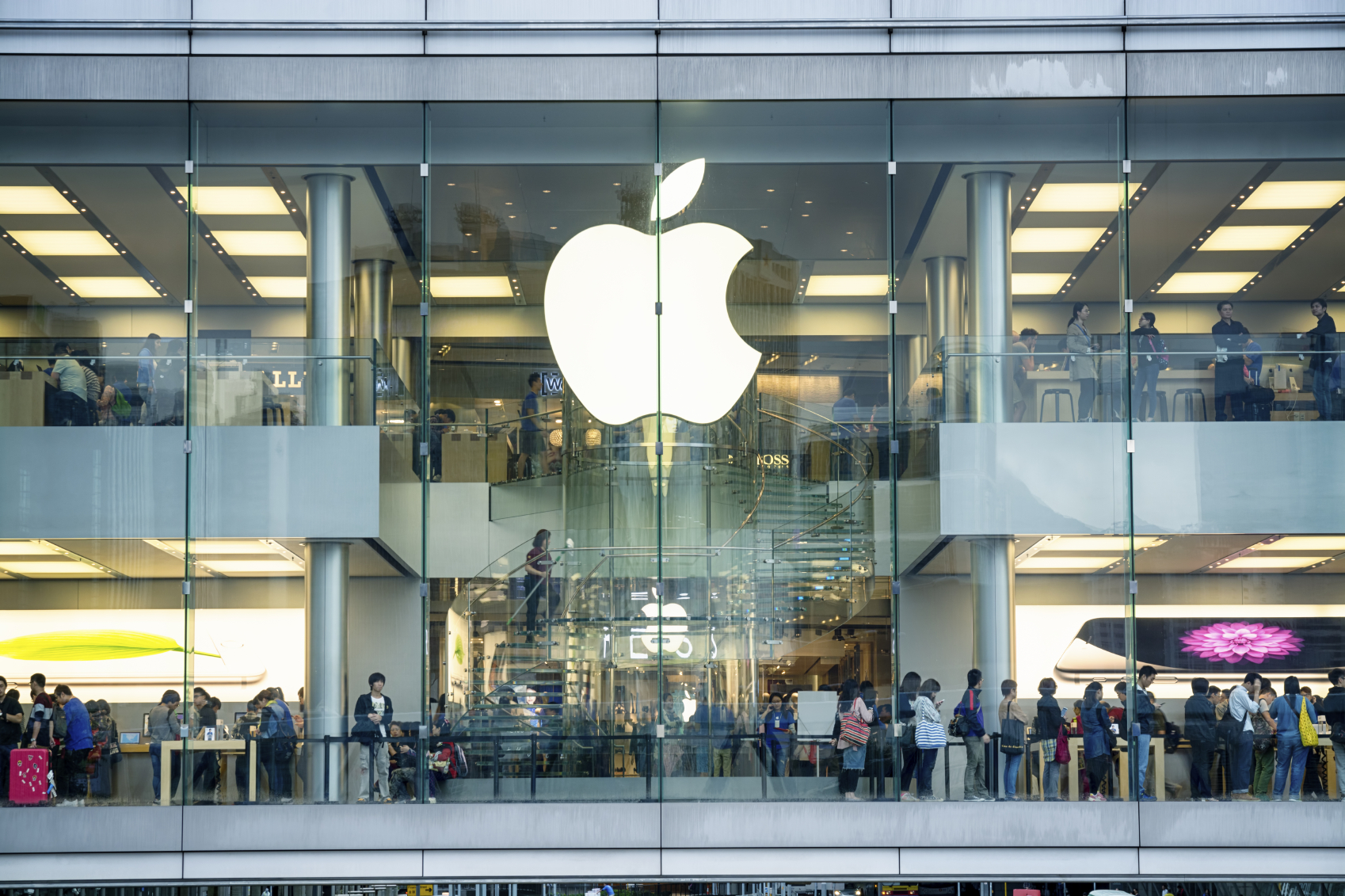What Happened
Pepsi is experimenting with an interesting method of brand marketing in China – by offering consumers a branded smartphone with decent tech specs at a very affordable price. Rumors about a Pepsi-branded smartphone first surfaced in mid-October, and earlier today the soda brand has launched its first Pepsi Phone. Working with Chinese phone manufacturer Koobee, Pepsi China repurposed the new Koobee H7 phone to create the Pepsi Phone, and is selling the base model for just $78. This is not the first time Pepsi has ventured into branded phones. Previously, the beverage giant introduced a limited edition of Oppo N1 phones with Pepsi’s branding in December 2013.
What Brands Need To Do
Nowadays, the smartphone is arguably the tech device that most people rely on and feel attached to. In fact, some consumers would even experience “separation anxiety” if they were kept apart from their phones for a while. By offering a decently equipped smartphone at a very affordable price, Pepsi showcases a new way that brands can transform their loyal fans into brand advocates with a true value offer, and should inspire brands to think of other ways that brands can permeate consumers’ daily life.
Source: Engadget
Header image is a promotional image from Pepsi Phone’s page on JD.com









